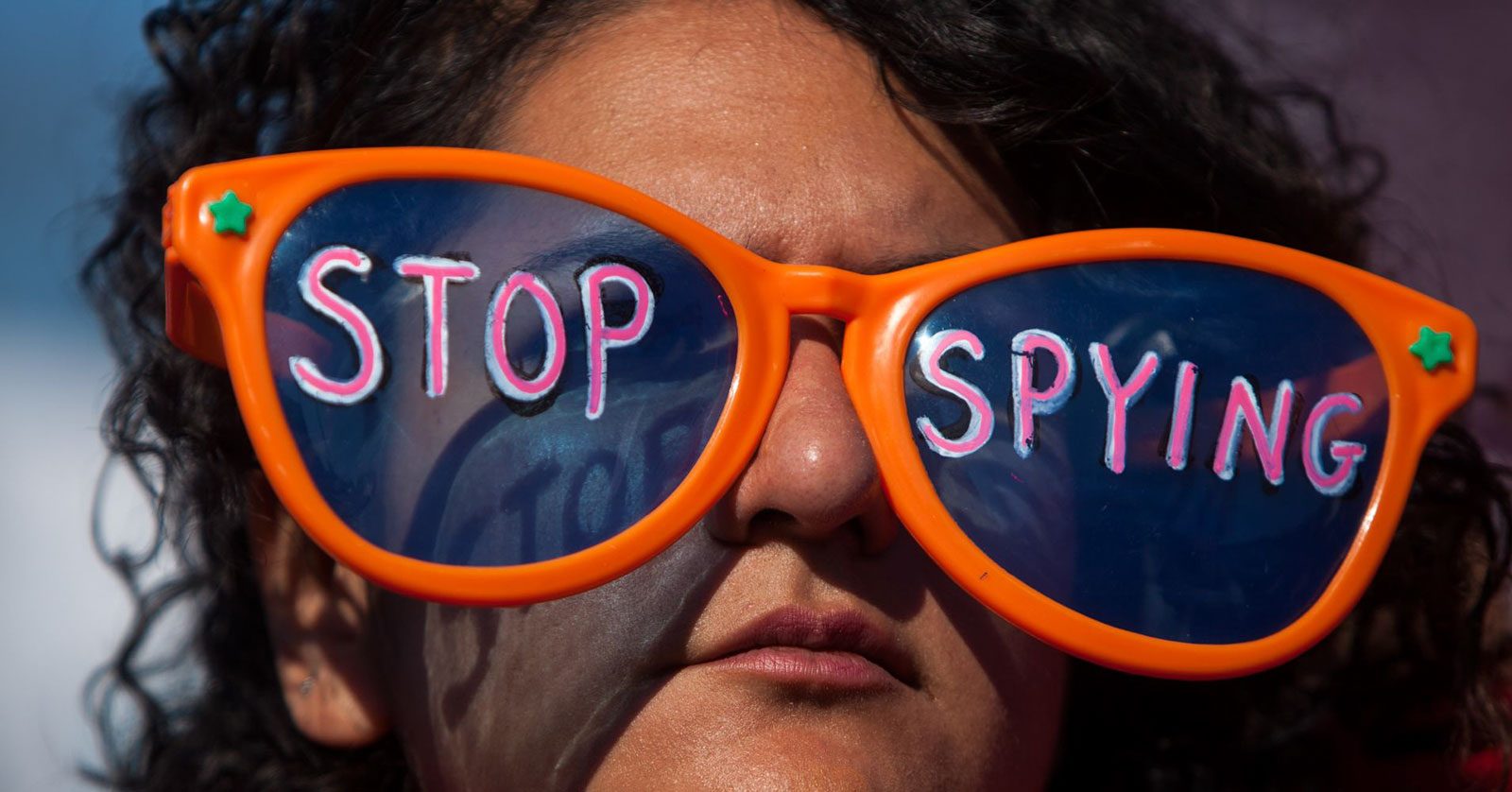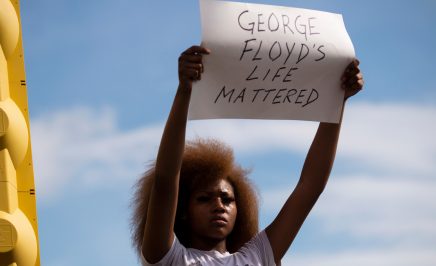From the controversial to the downright terrifying, the dystopian futures described in these novels are starting to feel familiar.
By Katie Young
1984 by George Orwell
In an age where government agencies carry out surveillance on ordinary citizens and charities, George Orwell’s chilling novel, 1984, feels more relevant than ever.
First published in 1949 – 66 years ago – Orwell’s dystopian classic paints a haunting picture of the world in the year 1984. In Orwell’s frightening vision of the future, society is under the control of Big Brother. Every aspect of life is closely monitored through government surveillance, and any hint of unorthodoxy is ruthlessly suppressed by the terrifying Thought Police. The Ministry of Truth, where Winston Smith works, is the Party’s propaganda machine. Smith, a diligent and skillful worker, secretly hates the Party and dreams of rebellion against Big Brother. Winston finds new hope when he falls in love with the uncomplicated Julia, before discovering a nightmare world of terror where the price of freedom is betrayal.
Many of 1984’s terms and concepts, such as Big Brother, doublethink, thoughtcrime, Room 101, and 2 + 2 = 5 have entered into common use in the decades since its first publication.
If you liked 1984, you’ll love Animal Farm, also by George Orwell.

The Handmaid’s Tale, by Margaret Atwood
Margaret Atwood’s 1985 modern classic explores the repression and enslavement of women and their resistance to oppressive regimes. The novel is set in the Republic of Gilead, a totalitarian state which has overthrown the United States government. In an era of dangerously low birth rates, Handmaids are are forced to bear children for couples in the ruling class that have trouble conceiving.
The story is told through Offred (Handmaid names consist of the word ‘Of’ followed by the name of the their ‘Commander’), a woman whose only function is to breed. Offred’s freedom, like the freedom of all women, is completely restricted. She can leave the house only on shopping trips, the door to her room cannot be completely shut, and the Eyes, Gilead’s secret police force, watch her every public move. If she deviates, Offred will be hanged at the Wall as a ‘dissenter’.
If you loved The Handmaid’s Tale, you’ll love The Children of Men by P.D. James.

Brave New World by Aldous Huxley
Aldous Huxley’s fantasy of the future, published in 1932, depicts a world where freedom is dead and morality as we know it is taboo.
Far in the future the World State, a benevolent dictatorship headed by ten World Controllers, has established a stable global society where the population is permanently limited. The basis of that stability is the conditioning of citizens to accept their station in life. Through clever use of genetic engineering, brainwashing, restriction of social activity and relationships, and recreational sex and drugs, all its members are happy consumers. Bernard Marx, an Alpha-Plus sleep-learning specialist whose ‘conditioning’ is clearly incomplete, seems alone in his ill-defined, longing to break free.
Brave New World – which warns against the dangers of an all-powerful state that controls the behaviours and actions of its people in order to preserve its own stability and power – seems more relevant than ever, and sheds a critical light on a present and future that are frighteningly possible.
If you liked Brave New World, you’ll love A Clockwork Orange by Anthony Burgess.

Fahrenheit 451 by Ray Bradbury
Published 62 years ago, in 1953, Ray Bradbury’s Fahrenheit 451 presents a future American society where books are outlawed and ‘firemen’ burn any that are found. Guy Montag is a fireman. His job is to destroy the most illegal of commodities, the printed book, along with the houses in which they are hidden.
Montag never questions the destruction his actions produce, returning each day to his bland life and wife, Mildred, who spends all day with her television ‘family’. But when he meets an eccentric young neighbour, Clarisse, who introduces him to a past where people didn’t live in fear and to a present where one sees the world through the ideas in books instead of the mindless chatter of television, Montag begins to question everything he has ever known.
Written during the McCarthy era, Farenheit 451 is often seen as a comment on state-based censorship and freedom of expression, making it highly relevant today.
If you liked Fahrenheit 451, you’ll love The Illustrated Man, also by Ray Bradbury.

The Hunger Games by Suzanne Collins
In the ruins of a place once known as North America lies the nation of Panem, a wealthy Capitol surrounded by twelve outlying districts. Long ago the districts waged war on the Capitol and were defeated. As part of the surrender terms, each district agreed to send one boy and one girl to appear in an annual televised event called – you guessed it – ‘The Hunger Games’. Sixteen-year-old Katniss Everdeen regards it as death sentence when she is forced to represent her district. The object of the The Hunger Games is to be the last child alive.
As well as being an utterly absorbing and rip-roaring read, The Hunger Games looks at survival, humanity, inequality, and rebellion against oppression.
If you liked The Hunger Games, you’ll love Battle Royale by Koushun Takami.

Article by Katie Young, Online Editor



